
Natural language processing (NLP) is a branch of AI (Artificial Intelligence), empowering computers to not just understand but also process and generate language in the same way that humans do. A prime example is how Google’s algorithm works to provide relevant results when people enter specific search terms.
Today, the use of natural language processing in business continues to grow rapidly, with businesses of all scales and across all sectors capitalising on NLP.
NLP refers to any way that computers handle human language, but modern NLP solutions are usually built using machine learning or ML. Multiple ML systems are responsible for storing words and a variety of ways in which those words may be used together, much like other kinds of data.
Sentences, phrases, and at times, entire books, are fed into machine learning systems where they are processed according to grammatical rules, people’s actual linguistic habits, or often both. The computer will then rely on this data to find common patterns and determine what might come next. The current state of the art in natural language processing is generative models.
You can use NLP to process any type of text info - reviews, testimonials, complaints, emails, survey responses, receipts, product descriptions, clinical trial protocols, construction reports, scientific publications, sales leads, social media posts, - anything you could think of.
That’s where the business uses of NLP come in - you can use machine learning methods to extract valuable insights and business intelligence from any type of text data you’re accumulating or accessing within your business processes.

Since the main goal of each business is to produce revenue - NLP can absolutely be used for that, no matter if directly by optimising your processes, or indirectly, increasing productivity, or improving customer satisfaction.
We believe that NLP is truly beneficial as long as it offers more lucrative data and solutions to your business than it actually costs. That is why canned solutions rarely work well. You need to design a machine learning sequence that’s specific to your business processes.
Some businesses are sceptical of NLP and machine learning because they tend to act overzealously and get ahead of themselves, not knowing how to properly use the technology to their benefit.
It is critical for your business to focus on specific areas where NLP can help introduce real, positive changes in terms of reducing costs, boosting productivity and profits. We identify these areas within our custom NLP consulting services for each client from scratch.
Let’s go over some of the major and the most obvious business applications of natural language processing.
NLP is successfully used for businesses that set up complex supply chains for demand forecasting, inventory management, supplier selection, order fulfilment, all stages of customer support, and a lot more.
A trained AI program running the supply chain is one of the great business use cases for NLP. The results can be absolutely positive across the board – quality merchandise at lower costs and giving your business better leeway to create even more sophisticated products to meet consumers’ ever-changing demands.
Fast Data Science - London
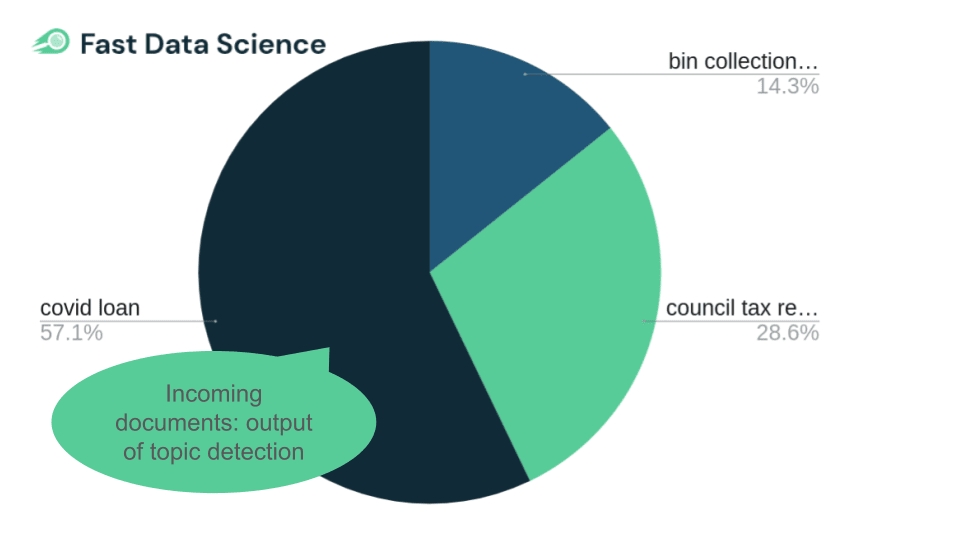
With natural language processing analysis you no longer have to wonder if you’re making the right decision, because most decisions are data-driven.
An AI system can dig through massive unstructured data to find the exact areas where key issues are being faced and where improvements can be had.
In many kinds of business, it’s desirable to predict the risk of non-paying or litigious customers, of claims made on warranties, of insurance claims, or adverse outcomes such as failed clinical trials. Often the data you have at the time that the risk prediction is needed is patchy and unstructured. However, we’ve found that unstructured text data can be an untapped goldmine for predicting expensive and business critical processes.
For Tarion, a regulator in the housing market in Ontario, it was crucial to leverage home inspection data using natural language processing, to predict adverse events such as physical inspection of a home, or litigation. In our AI consulting engagement with Tarion, we laid out a roadmap for using the raw text of homeowner inspection forms to predict escalations.
Data entry, filling out forms and other day-to-day administrative tasks require a fair amount of manpower, time and money.
But when you transform all this to an AI system, you can save a lot of time and expenses, not to mention the human labour and attention that’s required.
Instead, you can redirect your staff’s strengths towards more pressing matters while a tailored NLP solution takes care of all the administrative work for you, reducing bureaucracy as well in the process.
⚠️ Many organisations are discovering the power of generative NLP models in administration. However, if your organisation deals with sensitive data, you should have an AI policy in place, as it’s important for employees to understand if they are violating privacy laws by pasting any personal data into third party tools such as ChatGPT or Copilot. You can talk to Fast Data Science to discuss the implications of using AI in the workplace.
Rather than ask compliance officers to shuffle through piles of data trying to pinpoint potential violations, computers with NLP programs installed can automatically initiate reviews at set intervals and escalate potential irregularities or violations to compliance officers.
As an added bonus, this process consumes a lot less time and is generally more accurate than a pair of human eyes.
Bulletproofing your compliance is one of the most money-saving business uses of natural language processing.
NLP can optimise customer service fundamentally in two ways.
First, it lets your business elevate service value levels by providing answers a lot faster than a human representative could (through either chatbots or voice apps, for example) – as you work with multiple languages to facilitate users around the world and handle complex issues at different levels.
Second, natural language processing allows you to spend a lot less time on office spaces, phones, customer service agents, general infrastructure setup and other associated costs.
With NLP, you see, delivering all-around fantastic customer service has never been easier or more cost-effective. That is an amazing benefit that you can unlock within just several months of working with us.
Text-intensive tasks require multiple passes in order to extrapolate specific information and through NLP-powered applications, these tasks can be fully automated.
In fact, this is something that’s already been implemented successfully for detecting spam in emails, in addition to having other applications within enterprises.
One of these applications is for HR recruiters who can use natural language processing technologies to cut down their workload by intelligently categorising and sorting through piles of resumes. Check out the NLP project we did for CV-Library, one of the UK’s largest job boards.
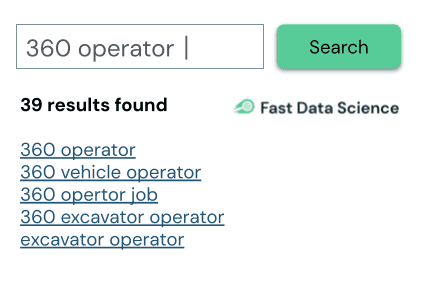
The majority of businesses use antiquated search technologies based on keyword matching to help find something for their employees, customers and partners.
However, this often produces less-than-optimal outcomes.
By applying NLP to searches, results can be produced based on a keen understanding of the query’s underlying meaning rather than by just matching a bunch of keywords.
One of the simplest and most effective solutions for better enterprise search is Elasticsearch, which allows you to customise rules. You can combine Elasticsearch with a machine learning model of your choice in Python. We developed a machine-learning driven search tool based on Elasticsearch for a company in finance, which wanted to resolve company names in plain text to company IDs. Where more nuanced information retrieval is needed, we have used a database of sentence embeddings (vectors). For example, our Insolvency Bot identifies relevant sections of UK statute law using a vector lookup.
Tools for smart NLP search include:
NLP-trained chatbots can dramatically help in reducing costs typically associated with repetitive and manual tasks.
Businesses stand to benefit tremendously as machine learning continues to improve chatbot capacity, with people generally becoming more comfortable using these systems.
NLP-trained chatbots have the ability to understand, analyse and prioritise customer questions based on context and intent.
This allows them to respond swiftly and accurately to queries, and that too at a significantly faster rate than a regular customer service rep.
Over time, this can build a lot of trust, value and credibility for your business.
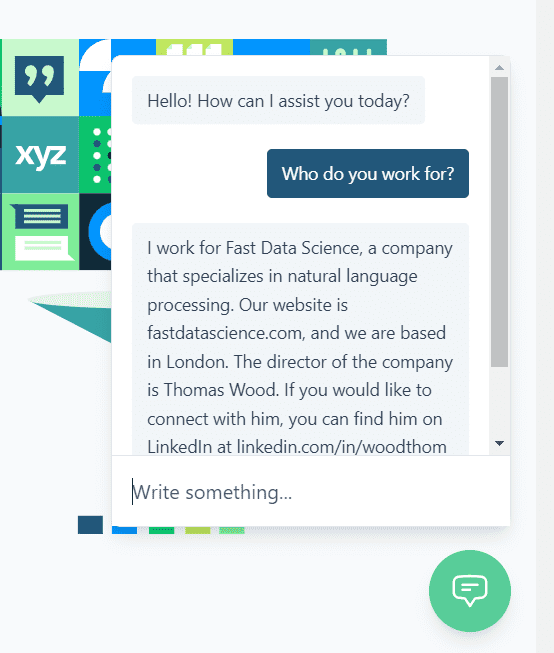
In the world of Big Data, global networks and instant communication, consumers almost always demand prompt and relevant feedback from every non-human interaction they have.
A static order form or support page is simply not going to cut it, as the modern and educated customer expects real-time feedback at the very least.
Luckily, big data and machine learning are available not just at enterprise scale anymore.
Your customer service software must respond practically like a web browser.
This is where NLP-chatbots come in as they can seamlessly address several customer queries at the same time, which means you don’t have to deal with frustrated customers due to long wait times.
This alone can make a major difference in your business, as customer service-related inefficiencies and bottlenecks can be a key source of lost revenues.
No matter what sector your business is operating in, you can probably relate to the fact that almost mindlessly repetitive tasks lie at the heart of most day-to-day operations.
From invoice processing to customer service, NLP chatbots can dramatically cut down the human effort required for manual and repetitive tasks.
In addition, NLP can be used for smart HR tasks. Imagine you had an intelligent graduate monitoring your HR data feed. That person would be able to make a clever guess over who will be promoted, who will leave the company. Natural language processing can do this too!
This will boost overall operational efficiency and productivity, allowing your business to better grow over time by allocating staff members to more crucial tasks.
NLP-trained chatbots particularly excel at doing small repetitive tasks each day so that your staff can redirect their strengths toward more mission-critical objectives.
NLP has a vital role to play in market research and analysis.
While marketers do have an extensive amount of data in hand to make key decisions, making sense of all this data can be time-consuming and requires a lot of resources.
Market researchers routinely analyse survey results which have been collected across markets. For example, “how much does this packaging suit our brand?” with responses on a scale of “very much so” to “not at all”, or a Likert scale. The problem of combining data from different surveys is called benchmarking, or data harmonisation.
Legal text can be dense and verbose, and it is expensive to process large volumes of it. Luckily, especially with generative AI, it’s possible to gather key information from legal documents, such as dates, value of liabilities, or even identify relevant statute law.
We developed an NLP chatbot called the Insolvency Bot which can answer questions about English insolvency law.
We undertook an NLP analysis of land titles for a national Land Registry.
NLP-powered software can analyse social media content, which includes customer comments and reviews, and converts them into highly insightful and meaningful data.
By using sentiment analysis this way and having access to the context under which your brand receives both negative and positive comments – you can increase your strengths while reducing weaknesses, based on viable market research.
Unless you know and understand the customer sentiments revolving around your business brand, you’ll find it difficult to come up with actionable strategies for growth. NLP offers an amazing benefit for your business because it lets you promote your brand the smart way.
Businesses are always looking for a way to reach the maximum number of audience members in order to generate the most leads.
Natural language processing can be an excellent way of intelligently targeting and placing ads – that is, the right place and time, and for the right audience. This is achieved through analysis of emails, social media platforms, browsing patterns, search keywords and emails to find the right target users.
Targeted advertising works on the premise of keyword matching and for this purpose text mining tools and text analytics are used – both of which heavily bring NLP into play.
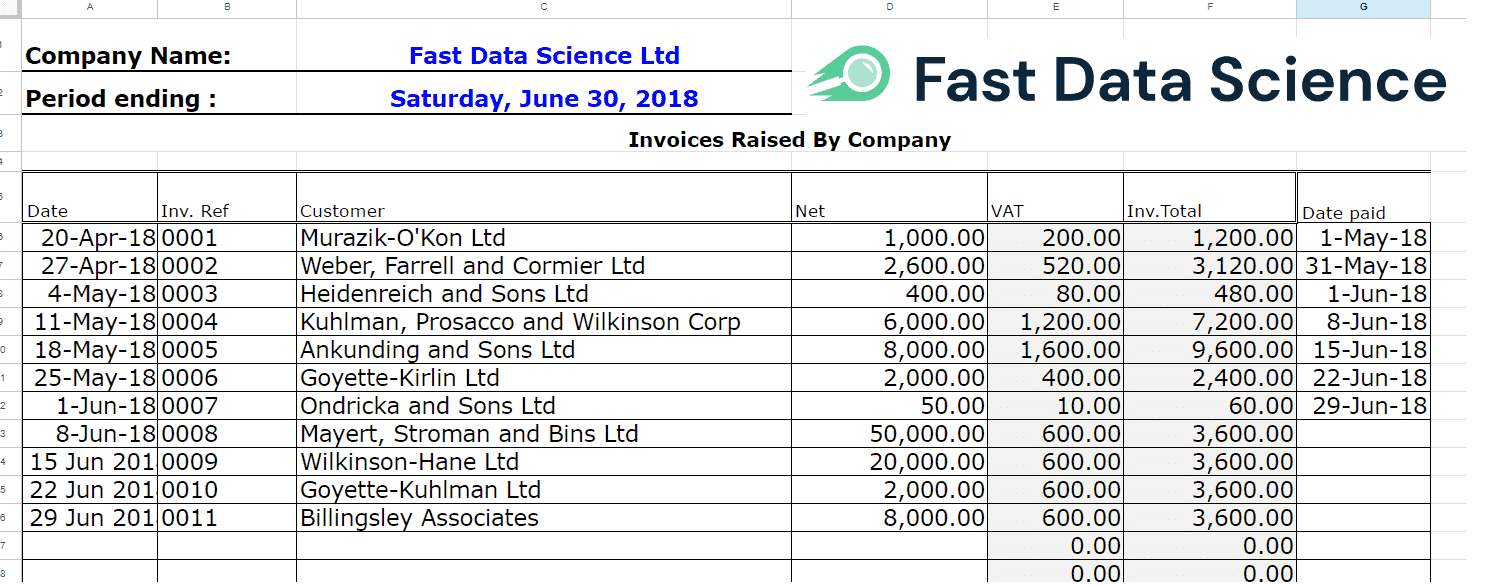
Reporting and documenting are, for a fact, two of the most time-consuming aspects of running a business. Luckily, through specific NLP techniques, unstructured text information can be converted into reports by applying formulated data entry and speech-to-text dictation.
Not just that, but it’s also possible to design a deep and intuitive learning model which identifies the desired information from unstructured text data, combining it into specific reports.
Advanced solutions like this can identify and request missing pieces of data, allowing you to automate the entire reporting process.
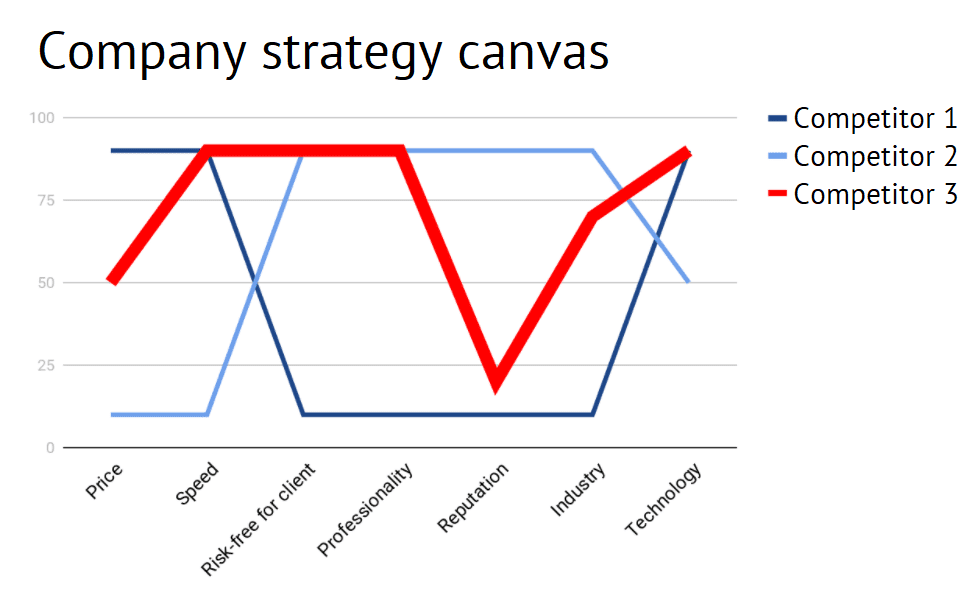
Specific natural language processing engines can help a business monitor their competitors, simplifying the process for building a competitive landscape.
For instance, when your NLP competitive analysis engine looks at a raw piece of data, it will gather a list of businesses, ranking them from zero to one. Through a multimodal semantic field, this ranking system shows how closely the various companies are related to each other.
The algorithm will then create a final list of companies by scanning the web for articles – putting the date into a designated NLP module, which establishes semantic relationships between different companies.
If you’ve ever had the chance to use a social media monitoring tool like Buffer or Hootsuite, then these are basically built around NLP technology – highly advanced tools to help you monitor your business social media channels every time someone mentions your brand. When people start talking about your brand, you get an instant alert.
As business owners and marketers alike know already, even a single negative review on social media may be all it takes to destroy your reputation almost overnight.
With this said, it’s important for every business to engage in social listening to make sure that potential crises are dealt with early on before they can escalate to full-blown issues compromising your reputation. Natural language processing technology brings it all together.
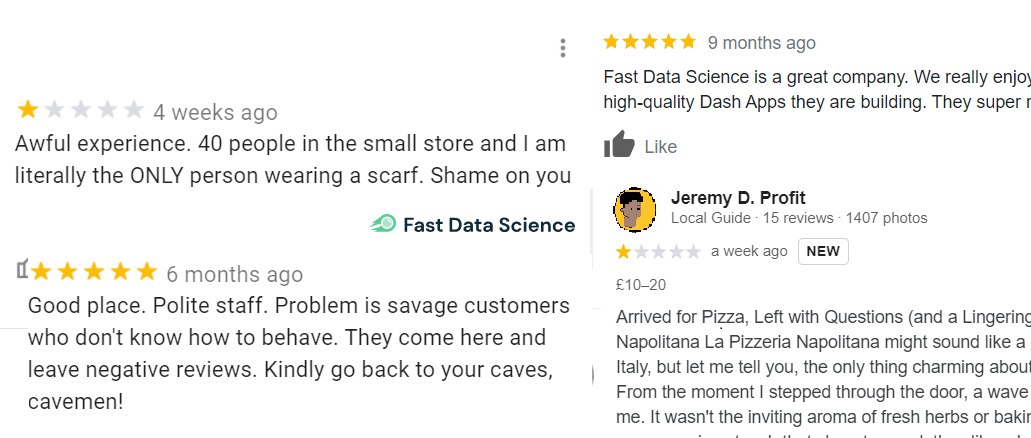
NLP algorithms such as sentiment analysis can extract valuable data from business reviews.
Sentiment analysis is a smaller subset of social listening or social media monitoring.
While social listening refers to listening in on conversations people are having around your brand in general, sentiment analysis deals with identifying opinions and then determining whether the person who posted comments holds a negative, positive or neutral opinion of your business.
As before, NLP comes into the picture in smart and savvy ways. Natural language processing-powered sentiment analysis tools can easily handpick emotionally charged words used to describe a brand’s services or a customer’s experience with that brand, for example.
To give you an example, if a post or review has lots of positive connotations like “brilliant”, “awesome” or “fantastic”, then the tool will conclude the overall sentiment as being positive.
With NLP-powered sentiment analysis, companies are in a better position to gauge whether their customers are responding positively or negatively to a specific product/service, or how they might react to a change in recently implemented brand messaging such as terms and conditions or support policy.
In an increasingly globalised world, businesses are looking towards developing language-agnostic NLP solutions. The latest generative models are able to handle input text in a number of languages. Multilingual NLP solutions are challenging but are becoming widespread, allowing customers to interact with your business in their native language.
Natural language processing permeates every business enterprise that wishes to advance in terms of cost-cutting, higher profit generation, increased efficiency and much, much more.
Companies who are already using NLP technologies are gaining an ever-increasing competitive edge, and if you aren’t already leveraging some of the above use cases, then you should start doing it ASAP.
NLP solutions don’t have to be extremely complex or ultra-expensive. We help businesses with things that make a difference for them, and our expertise lets us produce elegant, scalable, and effective solutions.
Get in touch with us today and let’s come up with a revenue-boosting NLP solution for your company!
Looking for experts in Natural Language Processing? Post your job openings with us and find your ideal candidate today!
Post a Job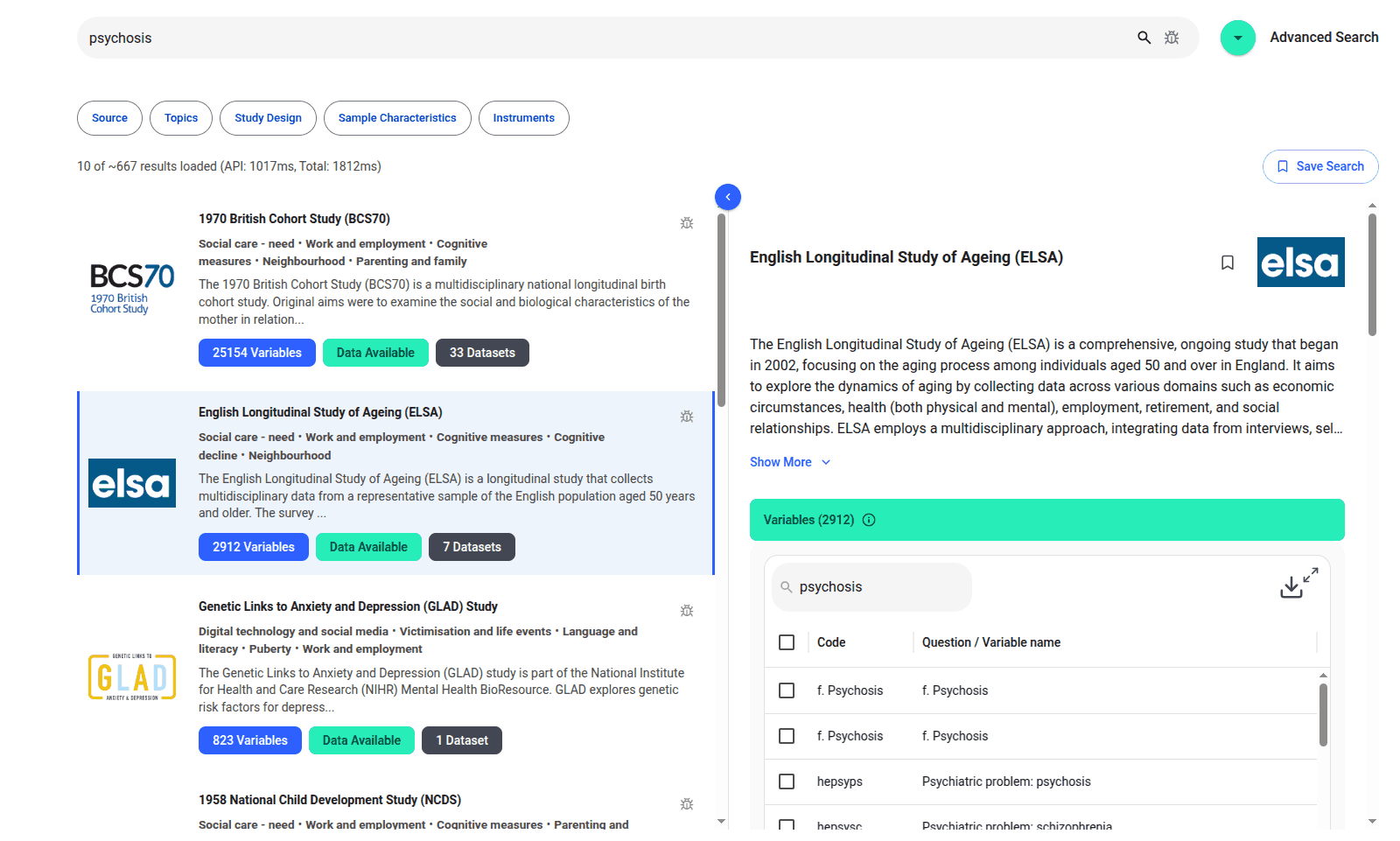
We are excited to introduce the new Harmony Meta platform, which we have developed over the past year. Harmony Meta connects many of the existing study catalogues and registers.

Guest post by Jay Dugad Artificial intelligence has become one of the most talked-about forces shaping modern healthcare. Machines detecting disease, systems predicting patient deterioration, and algorithms recommending personalised treatments all once sounded like science fiction but now sit inside hospitals, research labs, and GP practices across the world.

If you are developing an application that needs to interpret free-text medical notes, you might be interested in getting the best possible performance by using OpenAI, Gemini, Claude, or another large language model. But to do that, you would need to send sensitive data, such as personal healthcare data, into the third party LLM. Is this allowed?
What we can do for you